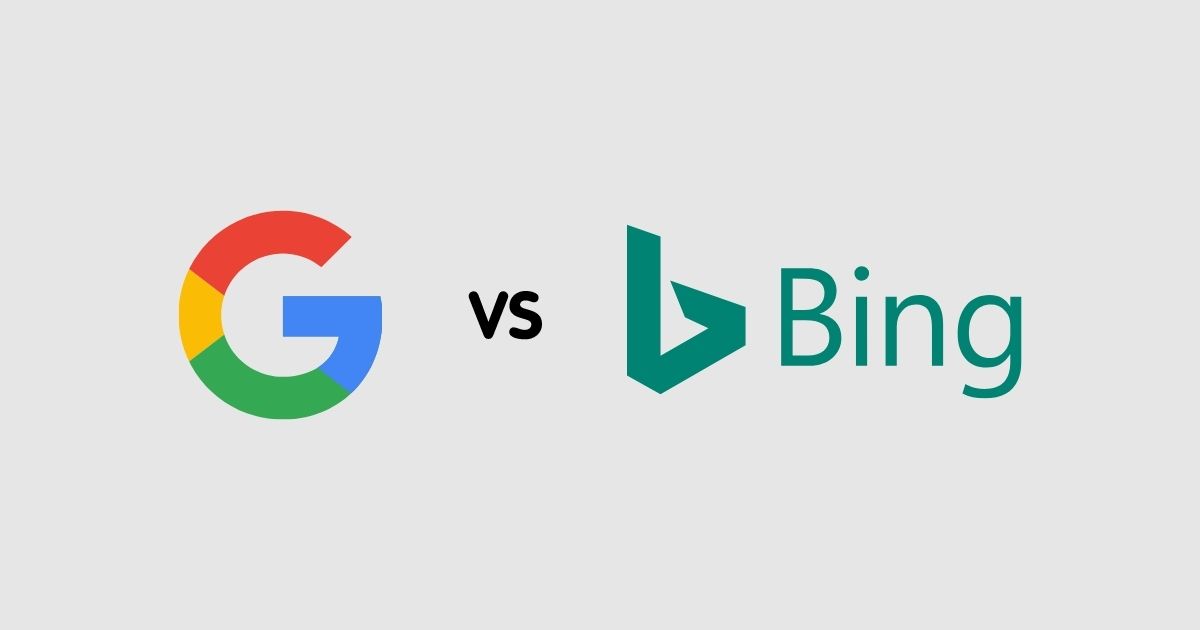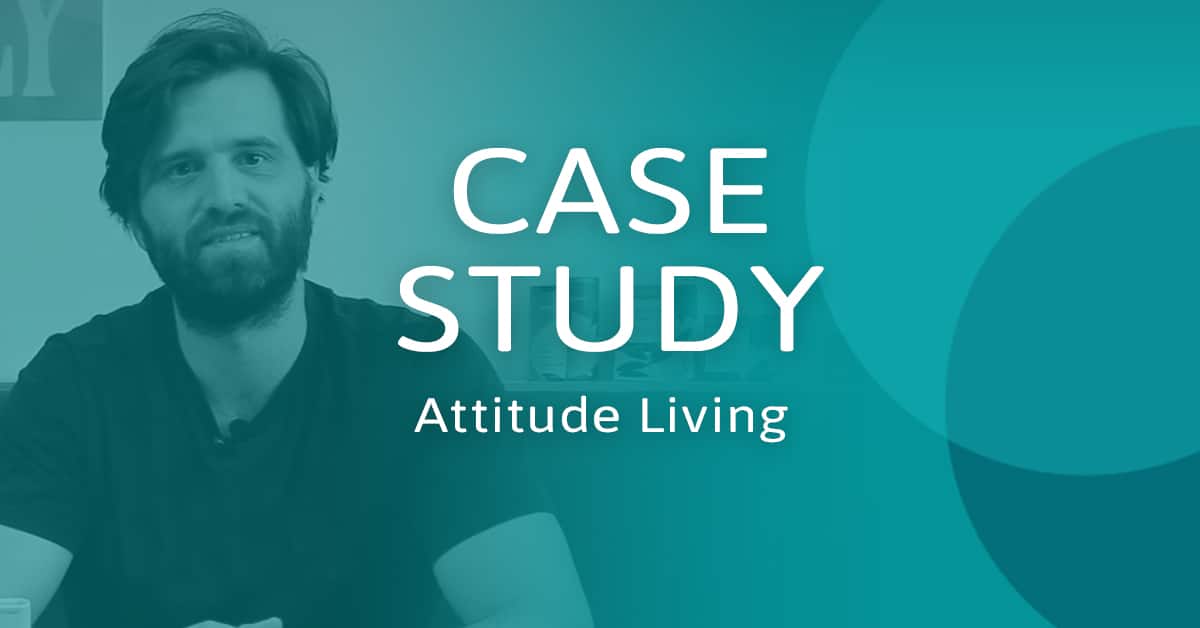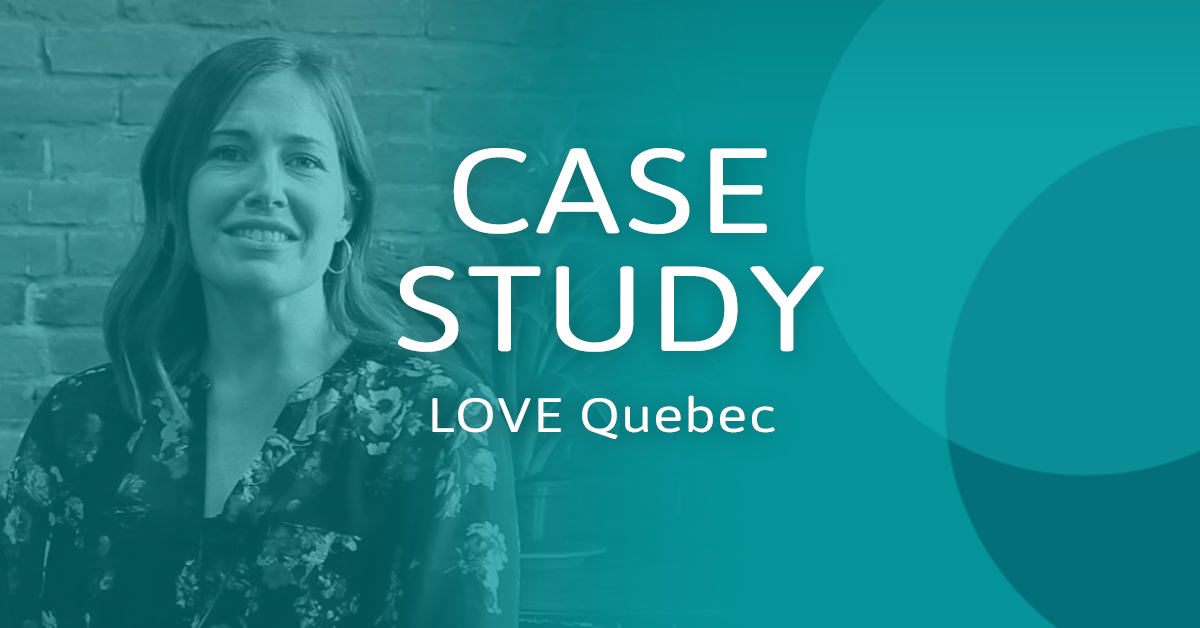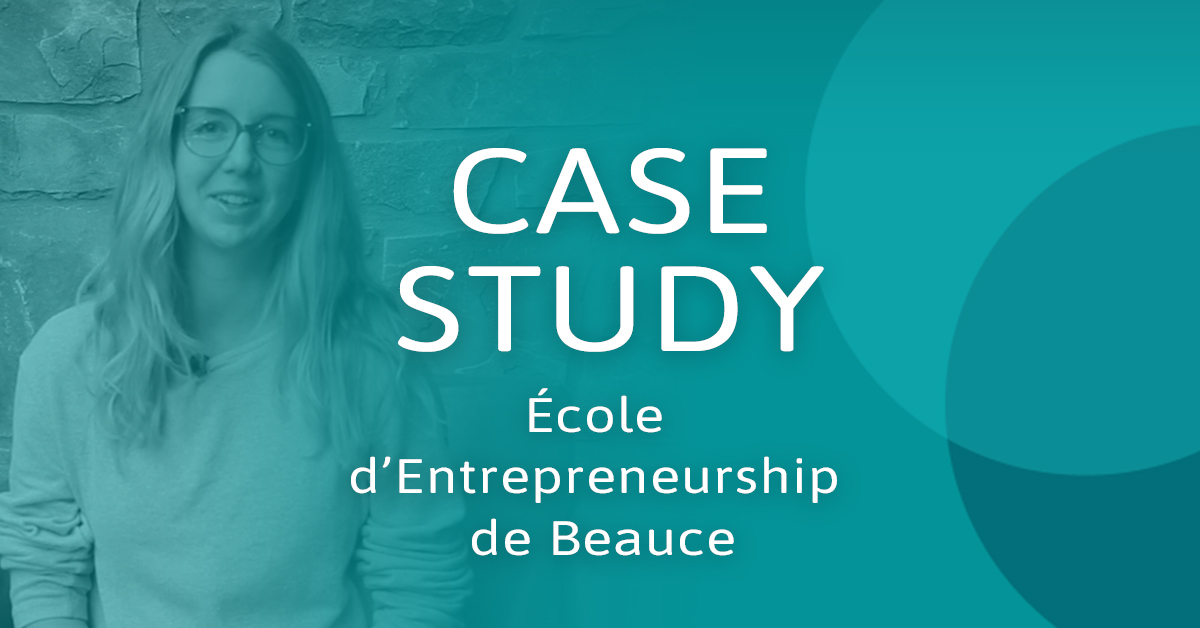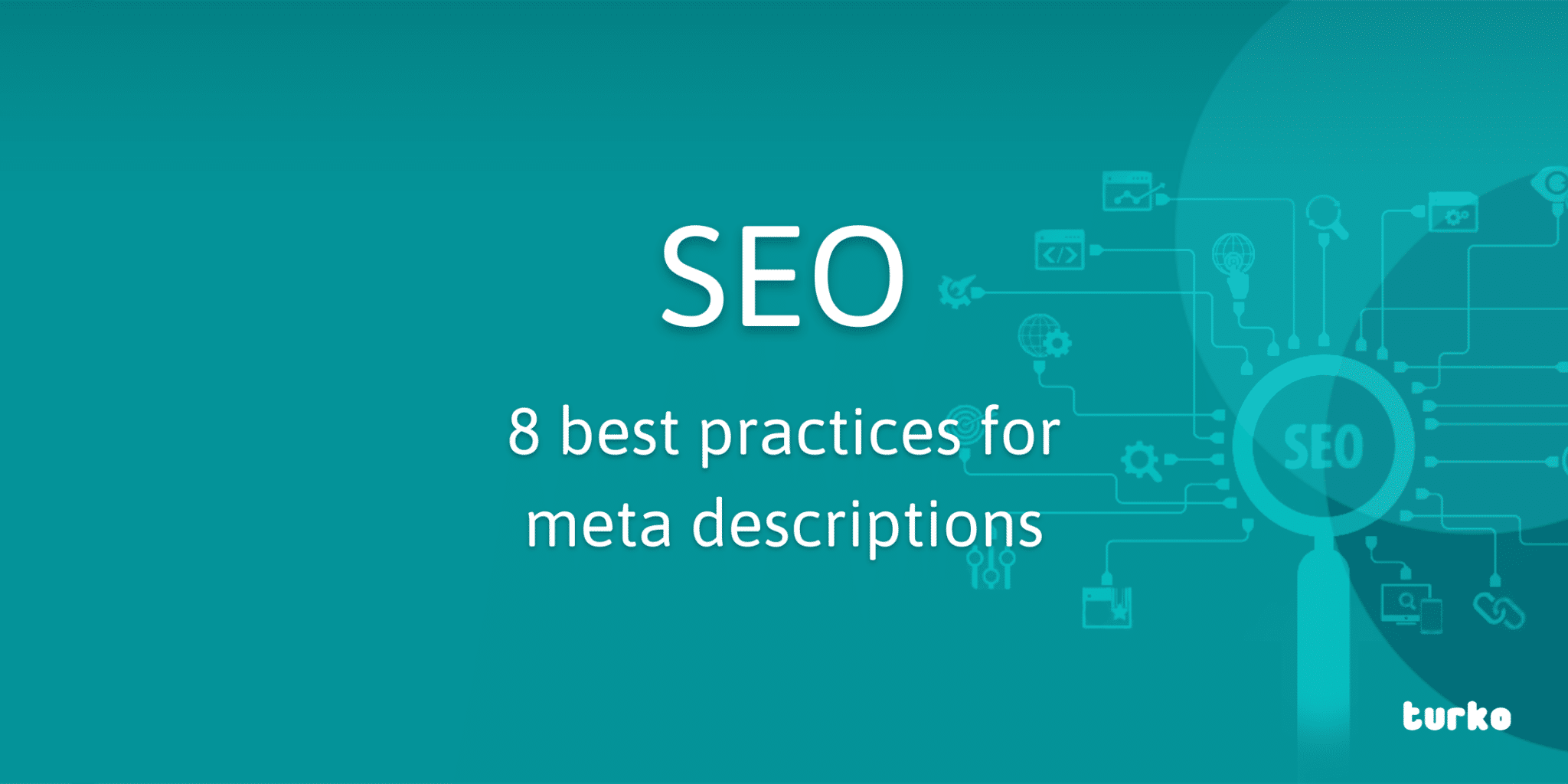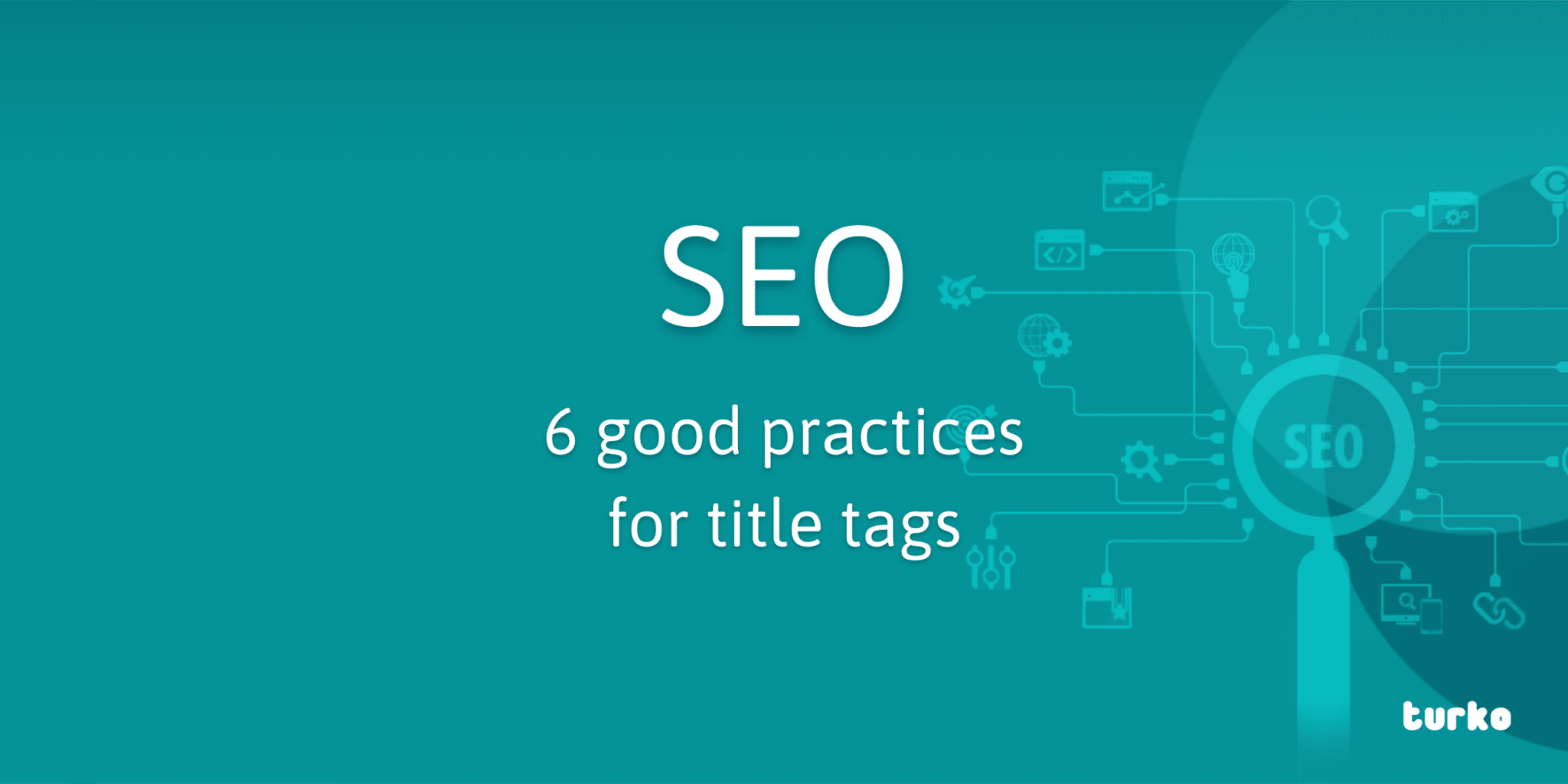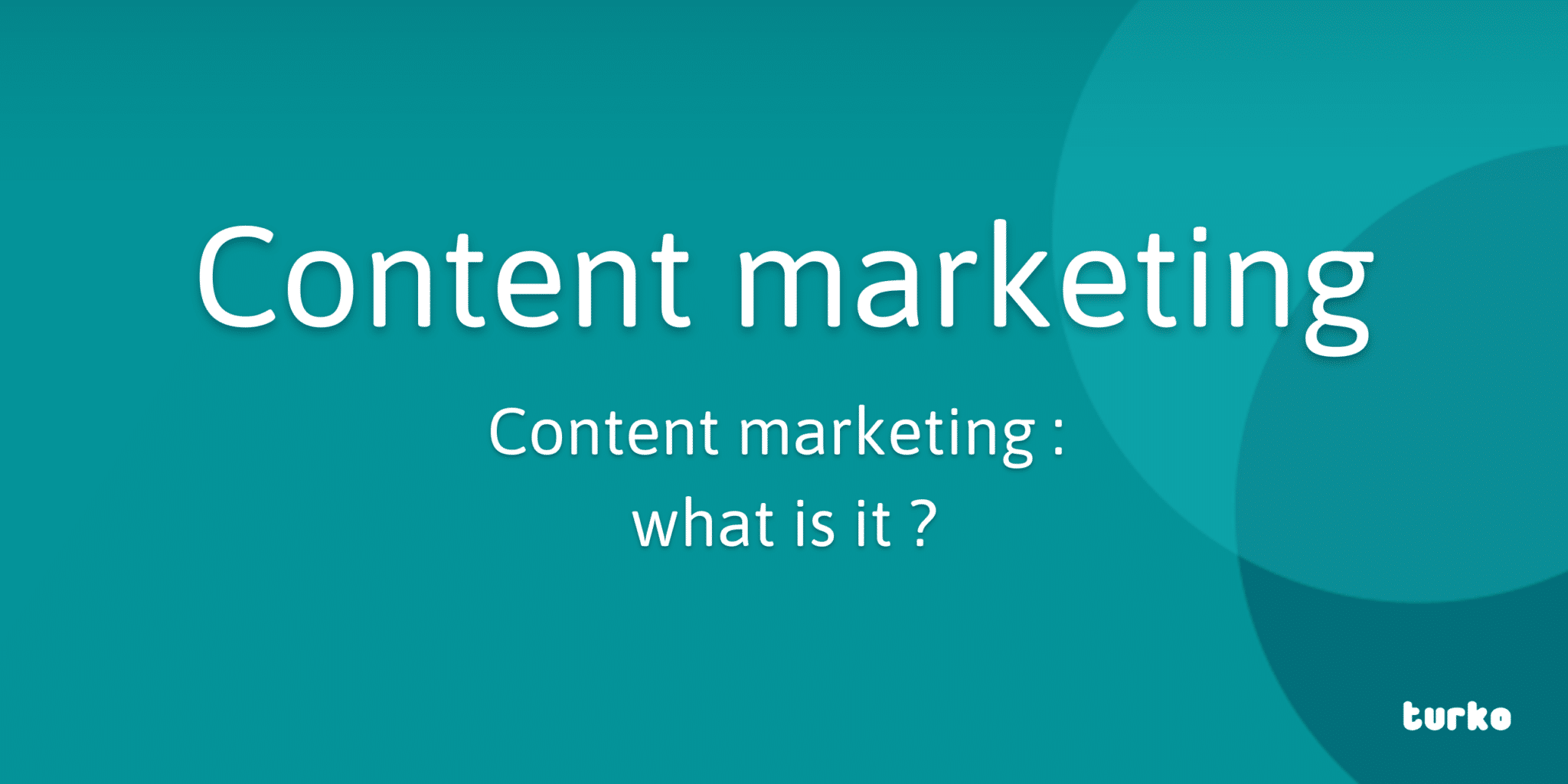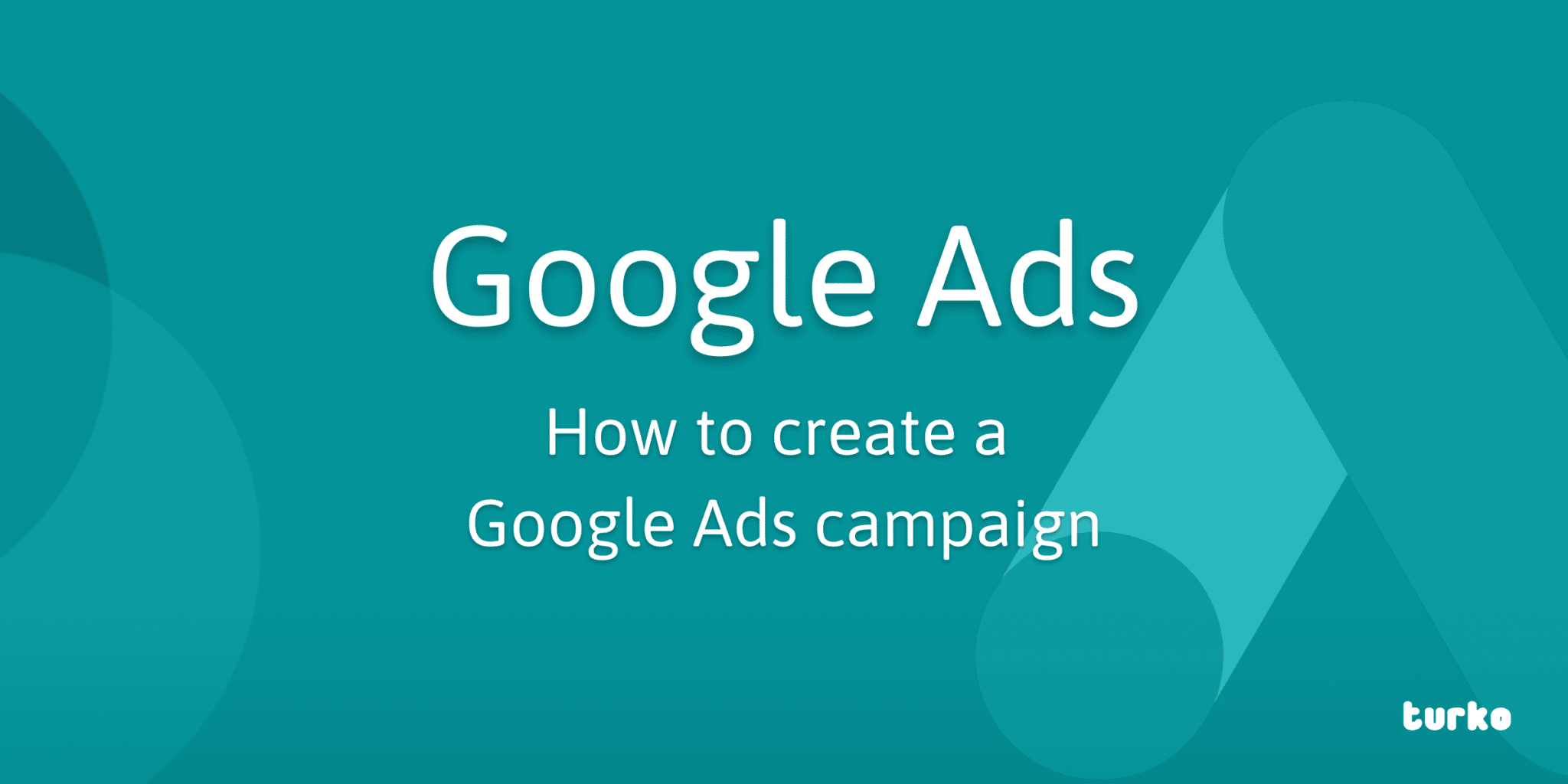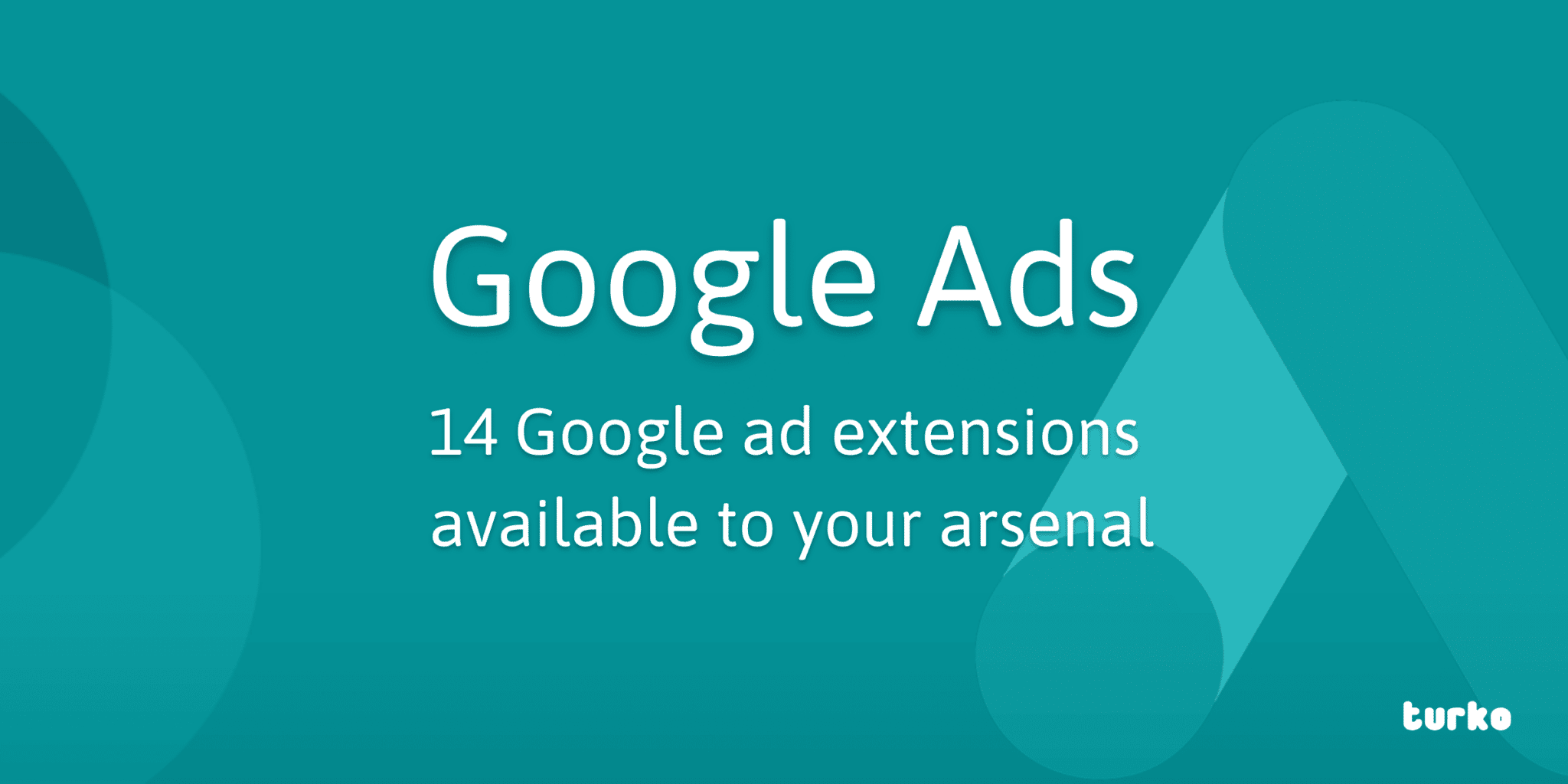Google Ads agency in Montreal
Choose Turko as your certified Google Ads agency and get quick results through sponsored links on search pages; as well as on Youtube, Google Shopping and GDN advertising network.
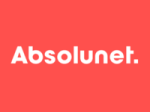

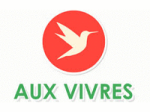
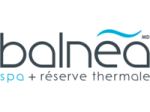
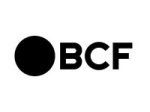
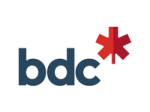
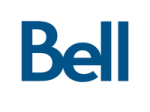
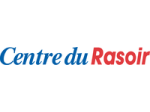
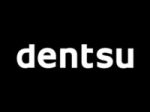


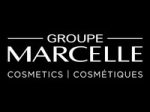

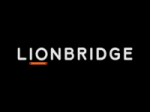


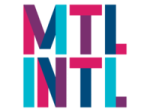
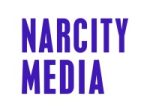

Advertising on Google, or Google Ads, allows you to sponsor links in search engine results pages, usually at the top or bottom of the pages. Even if there are currently about thirty search engines on the Internet, Google remains the leader with a number of users twenty times higher than that of Yahoo and Bing combined. Choose Turko as your certified Google Ads agency.
WHAT WE OFFER
POWERFUL GOOGLE ADS CAMPAIGNS
We implement advanced Google Ads strategies that aim to meet and exceed your expectations in terms of business objectives; whether it’s ROI, leads or branding.
STRATEGIC INVOLVEMENT
We understand your “big picture”. We know what role Google Ads plays in your digital strategy and offer a second look at your marketing plan to help you achieve your goals.
SOLUTIONS SUITED FOR YOUR REALITY
We offer a complete service adapted to your reality: from the management of campaigns to customers conversion tracking, communication of industry news and training of your teams. We offer the peace of mind of working with Google experts.
HOW WE STAND OUT
CERTIFIED GOOGLE ADS EXPERTS
We are experts in Google Ads. We are Google Partner certified, and we manage large budgets for major clients.


PERFORMANCE CULTURE
We are implementing a “performance culture”. We analyze landing page data, both qualitatively and quantitatively. This allows us to continuously improve your performances.
DIRECTLY IN TOUCH WITH THE EXPERTS
We focus on customer relations. Your satisfaction is our priority. You can also count on our rigour, our collaborative spirit and our transparency. We work closely with your teams and we do it with a smile!

WHAT OUR CUSTOMERS SAY




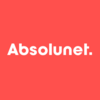
Google Ads FAQs
Each team and each agency has its own advantages. Generally speaking, here are the main advantages of working with a Google Ads agency :
- The team’s expertise and experience will save you the time to learn and train in Google Ads techniques. Therefore, you will be able to implement Google Ads strategies more quickly.
- Agencies know how to develop strategies and take them to a whole level, increasing their performance levels.
- Carrying out Google Ads campaigns and prioritizing tasks to maximize their impact is time-consuming. Agencies dedicate all of their time to these tasks. You can concentrate on your core business!
- Agencies are always up-to-date with the latest Google Ads trends and create innovative campaigns to meet Google’s quality expectations.
- The experts you’ll be working with will be happy to share their knowledge and tips to help you on your digital journey.
There is no need to have huge monthly budgets to advertise on Google. However, your budget needs to be consistent with your targeting and your expectations.
- Use the desired CPA : Whether your goal is traffic or conversion, it is possible to get an idea of your investment by using the expected volume of action and CPA formula.
- Use your previous campaigns : If you have already run campaigns with a similar objective, compare these previous results with your new objectives.
However, take into account the competition and learn about the average CPCs in your industry so you can adjust your goals accordingly.
Google Ads, like Facebook Ads, works on an auction basis. advertisers choose the keywords that they consider relevant and based on where they want their links to appear. Then, they decide on the maximum amount they are willing to pay when a user clicks on the link. Depending on its competitiveness and a few other factors, the ad will be ranked and visible at a certain position in the sponsored links section. The best and most expensive places are the 4th 1st places on the first page of search results.
Once your Google Ads account has been created and your bank details configured, you can start setting up your campaigns. A campaign is divided into 3 parts :
- Your campaign, which encompasses everything. Budgets, localization and the language are set at this level; they are applicable to all the other levels that follow. Even though you can select several locations and languages per campaign, you cannot alternate settings based on different conditions. In other words, settings apply to your entire campaign.
- Your ad group, which includes all of your keywords. You can create as many ad groups as you want according to your keyword strategy.
- Your ads, which apply to all the keywords in your ad group. Several ads can be made within the same ad group.
The vast majority of conversions, regardless of their nature, begin with a query on search engines. Therefore, advertising on Google is more naturally part of the conversion process. These are so-called “pull” ads since the ad is put in front of potential customers who have already expressed a need.
Google makes it possible to reach a target audience that is known to be active and looking for a solution. The audience is more qualified and travels down the conversion funnel towards a sale. Also, if your SEO is not up to par, Google Ads can help to build your organic SEO in a more structured way.
Managing Google Ads campaigns requires time to always be as close as possible to user intention and market indicators. While many actions can be taken, some have more impact on your performance than others :
- Align your keywords with the intention of the query and what you have to offer
- Use ad extensions
- Expand your negative keyword list
- Use the right match type with adjusted bids
- Pause what doesn’t work
- Match your message to the content of your landing page
- Put a clear CTA in your ad
- Be precise in your settings, especially for location and display times
- Monitor your CPCs and set aside more budget to what works well
Both platforms are widely used by millions of people for ad placement, yet they are different platforms :
- Search ads on Google are associated with “pull” marketing and operate on a keyword basis. The nature of users is active, which implies that people have a clear search intention and turn to Google to find answers to their needs. Advertisers position themselves with keywords that they think are relevant and used by their target audience so that their ads appear at the right time.
- Ads on Facebook are associated with “push” marketing and operate on the basis of an audience approach. The nature of users here is passive as people are on Facebook for entertainment and without a defined commercial intent. Advertisers position themselves with audiences that they think reflect customer personas and display texts and visuals that are aligned with their personalities.
Google offers advertising services other than its search network. Shopping, YouTube and Google Display ads are similar to Facebook’s; however, they have different algorithms and a more limited selection of audiences.
Because of their nature, the two options do not target the same audiences.
- Facebook is a good channel to build awareness and explore markets to make first contact with your target audiences. Users are less qualified and most often at the top of the conversion funnel. This being said, Facebook is also a great channel for retargeting to keep in touch with people who have already been in contact with your brand.
- Google is useful when potential customers are ready to convert and already have a defined intent. At this point, these leads are farther down the conversion funnel.
In terms of cost, Facebook’s CPCs tend to be drastically lower than those of Google. However, it will take more clicks on Facebook to reach a relevant target. On the other hand, Google will be able to find audiences with the same intent faster. In fact, it is more strategic to compare costs per acquisition and CPMs.
In short, the two platforms complement each other quite well and fit perfectly within your digital strategies. If you can’t use both platforms right away, think about whether your intention is more about building awareness and generating interest (Facebook) or attracting prospects when they are most likely to convert (Google).
Search engine optimization (SEO) is all efforts you will make to organically appear in search engine rankings. Google Ads (SEM) also allows your business to be visible on the same search engines but via advertising. In both cases, it is all about attracting traffic to your website.
SEO involves longer term work than SEM. The latter will allow you to generate results much faster. However, SEM depends on your media investment. As soon as you cut your investments in SEM, your traffic will stop.
SEO is a long-term initiative and the will generate lasting results, depending on the quality of your work. Note also that only 3% of the traffic comes from SEM.
Therefore, one does not prevent the other. The results and key learnings of SEO and SEM can help to improve the performance of your overall digital strategies. Everything depends on your time, short- and long-term goals and, of course, your budget.
Our rates vary depending on the scope of the project and the type of client. Contact us for a free detailed quote.

